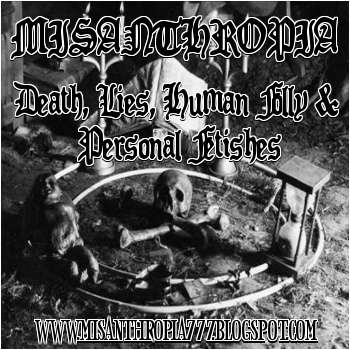
By Kevin Cote / Berlin Tuesday, Nov. 10, 2009
Heinrich Boere, a former member of Adolf Hitler's Waffen SS, sits in the dock of a court at the start of his trial in Aachen, Germany.
As a sprightly middle-aged man in the 1950s, Heinrich Boere dug for coal in the rich deposits surrounding the West German town of Eschweiler. Now, aged 88 and reliant on a wheelchair, he's having to revisit even darker depths reached during his lifetime. In what is likely to be one of Germany's last Nazi war crimes prosecutions, Boere is finally standing trial in the German city of Aachen for the murders of three Dutch civilians in 1944, when Boere was part of a Nazi death squad.
Having confessed to the killings as a prisoner at the end of World War II before escaping to Germany and dodging imprisonment in the decades that followed, Boere's prosecution marks a victory for those pressing for action against suspected Nazi criminals before they die. The trial, which opened last month and resumes on Nov. 17, "sends a very powerful message that the passage of time in no way diminishes the guilt of murderers," Efraim Zuroff, chief Nazi hunter at the Simon Wiesenthal Center in Jerusalem said in a statement, "and that old age should not protect the killers of civilians."
Boere, who faces life in jail if convicted, was No. 6 on the center's most wanted list. The case comes only weeks before the resumption of the trial in Munich of John Demjanjuk, the 89-year-old former Nazi concentration camp guard charged with being an accessory to the murder of 27,900 Jews during World War II.
Born in Eschweiler to a German mother and Dutch father, Boere moved to the Netherlands as a child, joining the SS in 1940 shortly after the country's fall to the Nazis. Part of a group ordered to assassinate dozens of members of the Dutch resistance in an operation code-named Silver Pine, Boere's three victims included a pharmacist and a bicycle mechanic. While some SS commandos were tried and executed in the Netherlands in the years after the war, others, like Boere, simply fled.
Despite his repeated confessions — apologizing for the killings in a 2007 Dutch newspaper interview, he remembered the period as "another time, with different rules" — Boere eluded detention for decades. After he fled captivity for Germany, a court in Amsterdam convicted him in absentia and sentenced him to death in 1949, a punishment later commuted to life in prison. An attempt to extradite Boere to the Netherlands failed in 1983 when German authorities ruled he could have acquired German citizenship upon joining the SS. (At the time, Germany did not extradite its citizens.)
And two years ago, another German court declined to force Boere to serve his Dutch sentence in a German jail, arguing he'd not been present to defend himself at the 1949 trial. Ulrich Maass, a prosecutor for the Central Office for the Investigation of Nazi Crimes in Dortmund, then took up the case and succeeded in pushing it to trial.
Seated behind bulletproof glass and flanked by medics on the second day of his current trial on Nov. 2, Boere still appeared ready to fight. Defense attorney Gordon Christiansen filed a motion for the trial to be abandoned on the grounds that Boere was already convicted in 1949 and E.U. rules prohibit people from being tried for the same crime twice. "This is a formal procedure," says Christiansen. "The court has to rule on it."
Then, on Tuesday, Christiansen won his client another temporary reprieve, arguing that Boere didn't understand the charges when they were read aloud in court because he couldn't hear them. The judge postponed the trial for a week so Boere could be fitted with hearing aids, prompting one of the victims lawyers to accuse the defense of delay tactics.
Should the decision on abandoning the trial, now expected next week, go against Boere, Christiansen intends to argue that extenuating circumstances surrounding the killings could mean the acts do not constitute murder under Germany's current legal system. With the trial scheduled to run through mid-December, for the families of Boere's victims, a judgment can't come soon enough.











 "He who can, does. He who cannot, teaches."
"He who can, does. He who cannot, teaches."



 "Being is substance and life; life manifests by movement; movement is perpetuated by equilibrium; equilibrium is therefore the law of immortality.
"Being is substance and life; life manifests by movement; movement is perpetuated by equilibrium; equilibrium is therefore the law of immortality.


 "The doctrine of equality!... But there exists no more poisonous poison: for it seems to be preached by justice itself, while it is the end of justice.... "Equality for equals, inequality for unequals" that would be the true voice of justice: and, what follows from it, "Never make equal what is unequal."
"The doctrine of equality!... But there exists no more poisonous poison: for it seems to be preached by justice itself, while it is the end of justice.... "Equality for equals, inequality for unequals" that would be the true voice of justice: and, what follows from it, "Never make equal what is unequal."



No comments:
Post a Comment
Note: Only a member of this blog may post a comment.